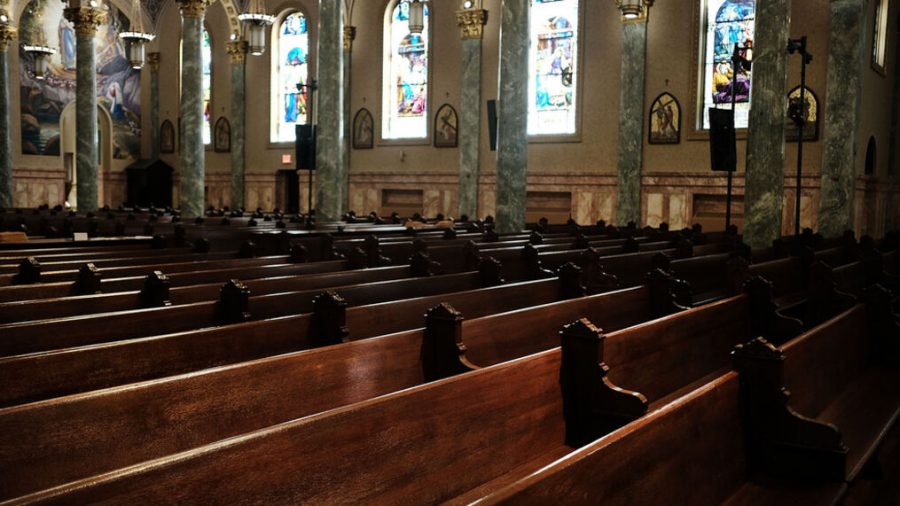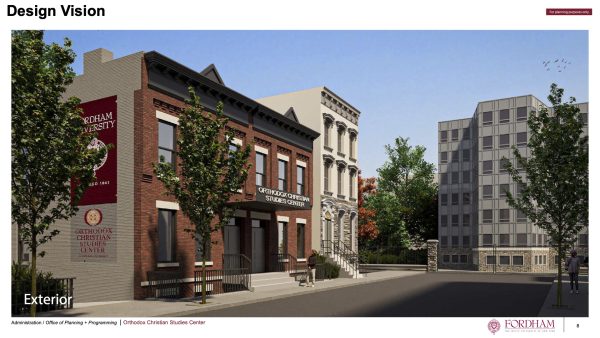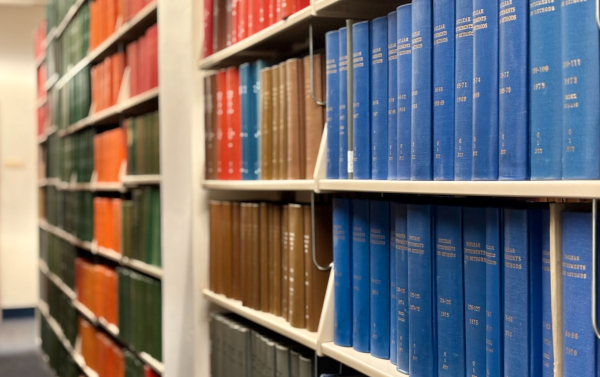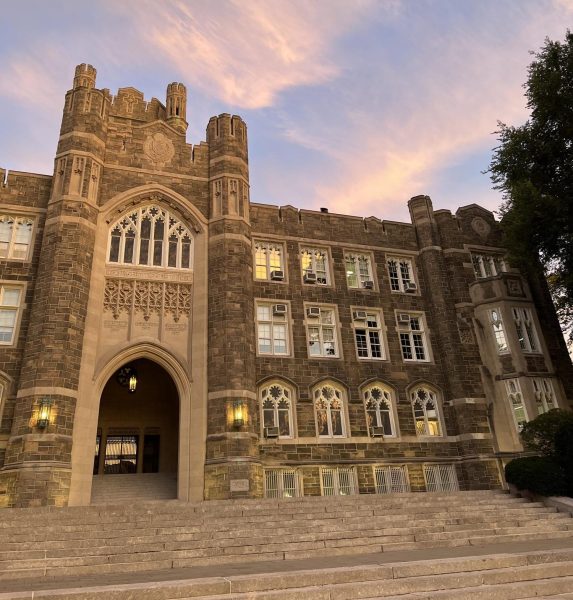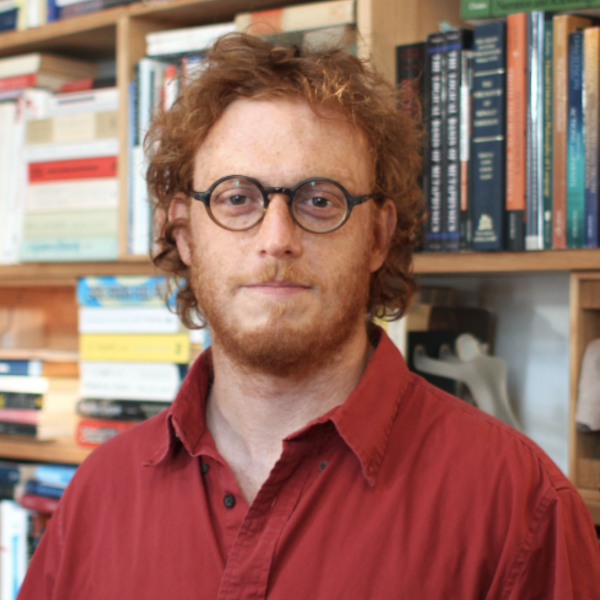Fordham Campus Ministry Highlights Study on Black Faith
On Thursday, Feb. 25, Fordham Campus Ministry hosted a webinar titled “Black Churches, Black Catholics.” The webinar focused on the new research done by Pew Research called “Faith and Religion Among Black Americans.”
The webinar featured the two researchers from Pew Research who conducted the study, Besheer Mohamed, Ph.D. and Kiana Cox, Ph. D. The webinar also included Fordham’s Bryan Massingale, S.T.D. and Tia Noelle Pratt, Ph.D.
This new research focuses on Black Christians and Black members of the Catholic Church. Research like this is unique as it has not been done before, according to the research website. As the site states, “This study is Pew Research Center’s most comprehensive, in-depth attempt to explore religion among Black Americans.”
The study was pervasive and surveyed a wide variety of people. “Its centerpiece is a nationally representative survey of 8,660 Black adults (ages 18 and older), featuring questions designed to examine Black religious experiences,” according to Pew Research. “The sample consists of a wide range of adults who identify as Black or African American, including some who identify as both Black and Hispanic or Black and another race (such as Black and White, or Black and Asian).”
In addition to studying Black Americans born in the United States, the research also focused on Black immigrants from the Caribbean or Africa.
The webinar consisted of three sections. The first portion of the event featured Mohamed, who spoke about the data collected on Black Protestants. One key point of both the research report and Fordham’s webinar was how specifically Black churches are a staple of the faith. He spoke about how many non-Black people do not understand the significance of Black congregations and churches. According to the data and the presentation displayed in the webinar, Black churches stand out because the sermons tend to reflect key ideas in the Black community, like striving for equality.
Mohamed also noted how most Black religious people identify as Protestant. Within that data point, Pew found that 49% of Black Protestants attend a Black church. Even further, 47% of Black Protestants that attend a Black church have heard a sermon on race relations or racial inequality. Contrastingly, only 35% of Black Protestants who attend white or other churches have heard sermons on these topics.
Moving forward in the lecture, Cox explained the research conducted amongst Black Catholics. Pew Research found 5% of Black Americans identify as Catholic. According to Cox, opposing racism and sexism is essential in what religion means to Black Catholics. “Race is important to how Black Catholics think about themselves, but many are not likely to hear sermons about race,” said Cox. According to the study, less than half of Black Catholics heard sermons about race in 2019.
In the final section of the webinar, Massingale and Pratt joined the conversation to look at the “Black Catholic exodus.” According to Massingale, only 54% of Black people raised as Catholic are still Catholic today. Many of these people have disaffiliated or converted to Protestantism, he explained.
While the underlying reason for this departure is not fully understood, Massingale and Cox hypothesized that it might be due to a sense of discomfort that Black people feel within the Catholic community. Speaking about issues of inequality is extremely important, they said.
“As the community continues to wrestle with the cries for racial justice in our society, it is important for the community to hear from Black religious believers and to understand how we see opposing racism as something that is essential to our faith,” said Massingdale. “Too many white believers see racial justice as something that is optional or ‘extra credit.’ They need to understand the passion that fuels Black justice advocacy. We are opposed to racism not simply out of self-interest, but because we believe that no one can be in a right relationship with God if they are not.”
Massingale also discussed how speaking on the intersection of racial justice and faith is uniquely important for Fordham as a Jesuit institution.
“It is important for Fordham as a Catholic Jesuit institution to hear the stories and voices of Black Catholics,” he said. “Our existence often goes unnoticed and is often even ignored. Fordham cannot be what it says it is — Catholic and universal — if the existence of Black Catholics is not acknowledged, or our contributions are unknown. Black Catholics have always been an important part of Catholic history and Black history in the United States. It’s time for the erasure of our lives and stories to end.”
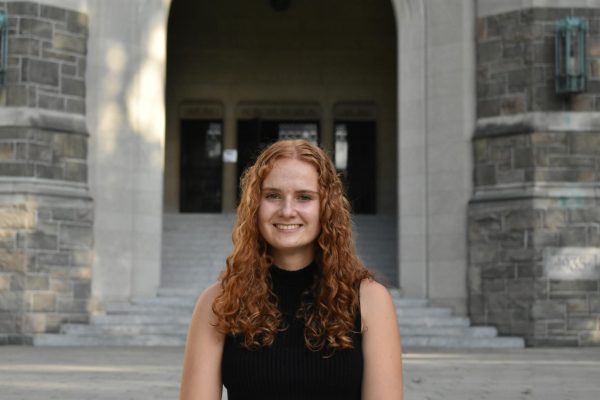
Isabel Danzis is a senior from Bethesda, Md. She is double majoring in journalism and digital technologies and emerging media. The Ram has been a very...





































































































































































































